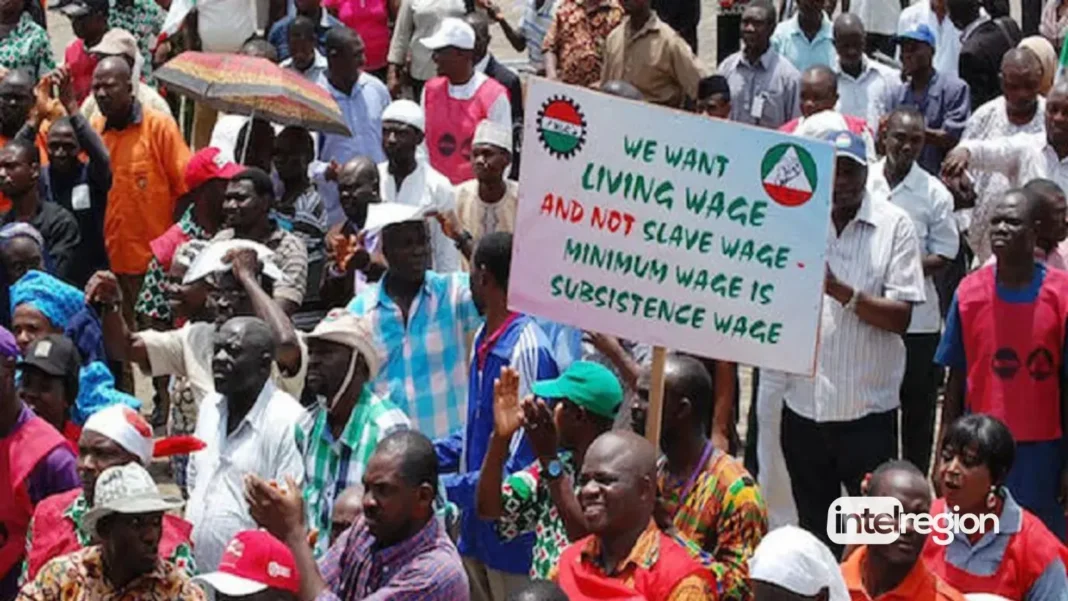The government of the United States has criticized the N70,000 minimum wage approved by President Bola Ahmed Tinubu’s administration, describing it as insufficient to lift Nigerians out of poverty amid the country’s worsening economic challenges.
This assessment was contained in the 2024 Country Reports on Human Rights Practices, released on August 12, 2025, by the U.S. Department of State’s Bureau of Democracy, Human Rights, and Labour.

Weak Value and Erosion by Inflation
According to the report, the current wage — valued at about $47.90 per month at prevailing exchange rates — has already been eroded by the devaluation of the naira and the inflationary shocks that followed Nigeria’s recent economic reforms.
Although the National Minimum Wage (Amendment) Act 2024 doubled the official wage from N30,000 to N70,000, the U.S. report observed that implementation remains weak across many states. Several subnational governments, citing financial constraints, have yet to enforce the new law.

Coverage Gaps and Exemptions
The State Department stressed that the legislation itself excludes a significant portion of Nigeria’s workforce. The wage provisions apply only to companies with 25 or more full-time employees, leaving out many small businesses.
“Many employers had fewer than 25 employees, so most workers were not covered,” the report stated.
Seasonal agricultural workers, part-time staff, and commission-based employees are also excluded from the wage law.

Labour Rights and Work Conditions
The report noted that Nigeria’s labour laws mandate a 40-hour workweek, entitlement to two to four weeks of annual leave, and overtime or holiday pay. However, agricultural and domestic workers are not protected under these provisions.
It further observed that the law does not clearly define premium pay or overtime, while protections against excessive compulsory overtime apply only to civilian government workers.

Enforcement Failures and Informal Economy
Enforcement of wage and labour rights was flagged as inadequate. Between 70 and 80 percent of Nigeria’s workforce operates in the informal sector, where wage, hour, and occupational safety laws are largely ignored.
The report highlighted that the Ministry of Labour and Employment, which is responsible for enforcement, is understaffed and under-resourced, with too few labour inspectors to monitor compliance effectively.
Although labour inspectors are empowered to make unannounced visits and initiate sanctions, the law requires workers themselves to file complaints before the National Industrial Court of Nigeria in most cases — a process many employees are either unaware of or unable to afford.

Penalties and Regulatory Weakness
The U.S. government further noted that penalties for violations of wage and labour laws in Nigeria are minimal, not proportional to comparable crimes such as fraud, and rarely applied.
This, it argued, has encouraged non-compliance by both public and private employers.

Policy Background
The increase in the minimum wage from N30,000 to N70,000 followed the signing of the Minimum Wage (Amendment) Bill into law by President Tinubu in July 2024, after protracted negotiations with labour unions. The law stipulates that the minimum wage will now be reviewed every three years, instead of the previous five-year interval.

Despite this legislative adjustment, the U.S. report concluded that millions of Nigerian workers remain unprotected, as inflation, weak enforcement, and structural gaps in the law continue to undermine the government’s promise of improved welfare for workers.




